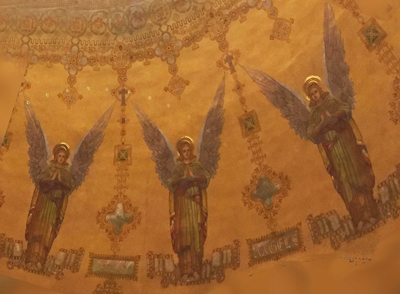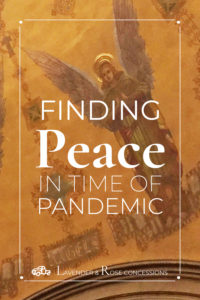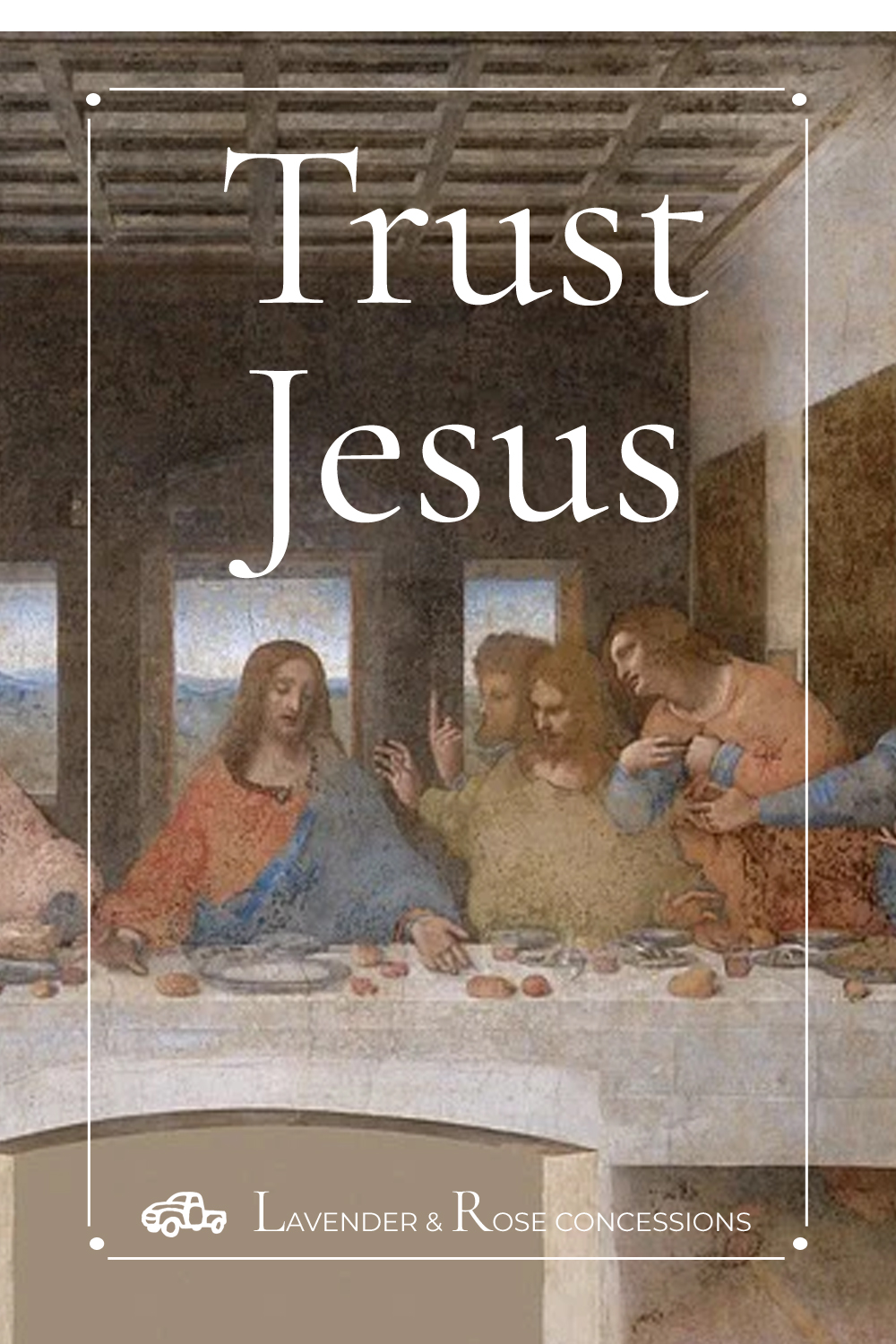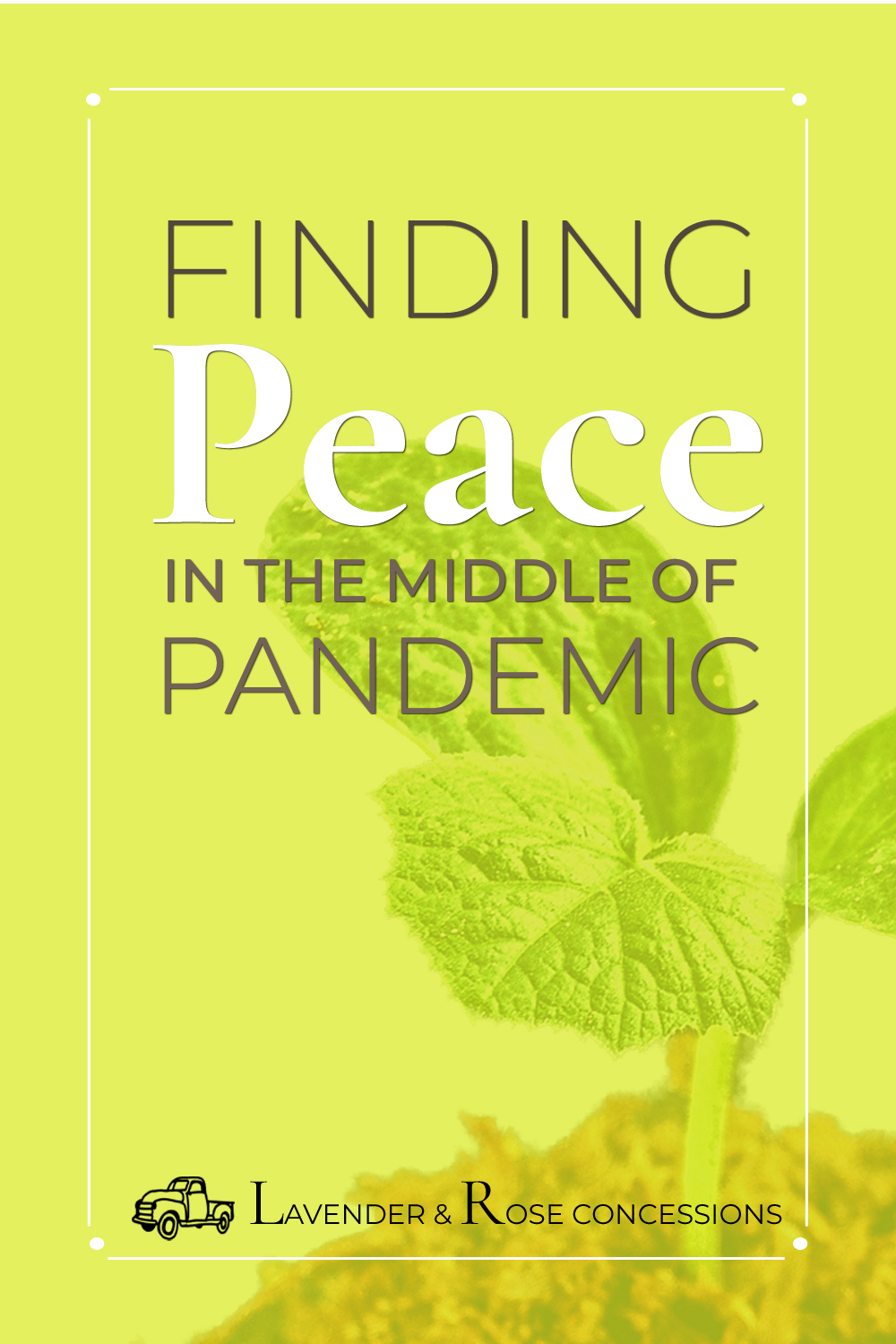These days, we’re clinging to Psalm 91:11 — “For he will give His angels charge over you, to guard you in all your ways.” We love the reassurance that “no plague shall be allowed to come near you.” (Ps. 91:10)
My brothers and sisters — two in Ontario and two in Calgary — are memorizing Psalm 91. Distance can’t stop our sharing this memory project.

Given our 2020 Pandemic, it’s not wise to gather for Easter Supper. But it is a good year to remember meals, especially three: The Passover Supper, The Last Supper, and The Glorious Supper.
Three suppers
Passover celebrated the passing over of a plague (a fitting thought for our time). The Passover Supper and the Lord’s Supper are symbols, lessons, examples, remembrances, celebrations. Jesus said He would fulfill what these symbolize, and then we’ll have the real meal together — The Glorious Supper. Death can’t stop our sharing that incredible, eternal, celebratory supper.
While Jesus and his friends celebrated Passover a few days prior to His death, He initiated the Lord’s Supper and introduced the Glorious Supper. We can imagine a nice chatty meal, until Jesus’ solemn announcement: “One of you is going to betray me.” The shocked and sobered friends respond in three ways.
Three responses
Is it I, Lord?
First, the disciples respond: “Is it I, Lord?” The disciples recognize that Jesus knows the secret and dark possibilities of their hearts. Oh, Lord, with every breath give me grace to ask, “Is it I, Lord?” I need self-distrust and self-despair which that question proves.
Is it I, teacher?
Second, the betrayer responds: “Is it I, Teacher?” Jesus isn’t Judas’ personal Lord and Savior, just some teacher of goodness he thought he could top. How it had upset him when Jesus allowed a perfumed foot-wash while the poor suffered! But every “How could God allow” thought is me thinking I can top God’s goodness. From there, it’s only a few steps to the door, to the final farewell of hope and life, to walking away from Passovers and Last Suppers and the Glorious Eternal Supper.
Lord, who is it?
Third, John responds. Tipping his head toward Jesus, in the absolute security of the warmest, sweetest, richest love, in the certainty of peaceful confidence, he asks, “Lord, who is it?” Familiar confidence that allowed such an intimate question had nothing to do with John’s own feelings or emotions. He is the disciple “Jesus loved.” We too are the disciples “Jesus loves.” That love is the strong place of rest, security, and strength.
This spring, I need the root of self-distrust and self-despair and “no confidence in the flesh.” Then I can ask “Is it I, Lord?” as I lean on Jesus in intimate conversation, certain of love that not even plagues or betrayals can shake. Obedient service or religious experience never guarded anyone from treacherously betraying Jesus. But deep roots of self-distrust, grown in Christ’s strong love, lead to strong shoots of faith.
It’s a good time to rest your head on Jesus. Trust His strong love, let it encompass and hold you. Place confidence in nothing else and no one else. Lean hard on Jesus, hold tight to His loving hand. For peace in time of pandemic, remember His Supper.






Leave a Reply